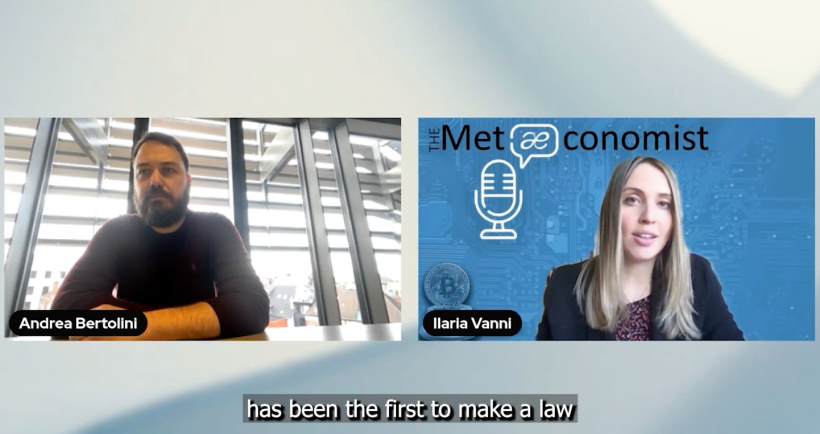
The recent hacker attack to Dexible created many doubts about the way the smart contracts work in the crypto and blockchain economy. Although they’re not quite perfected yet from either a technical or procedural standpoint, smart contracts are starting to look like a sizeable disruptive force for the legale industry. Smart contracts are also sometimes known as ‘self-executing contracts’; a clue to indicate how effective they are at cutting out the people that have traditionally been involved in the contract process. Let's stop thinking that we need to come back to pen and paper contract. Here at The Meta Economist we will try to make clear pro e cons of this thecnology.
"Smart contracts employ blockchain to create a decentralized ledger recording all contractual transactions in a secure way". In some cases we cannot speak of "contracts" in the strictly legal sense, but of "if/then" functions incorporated in software or IT protocols. In other words, through smart contracts there can also be an informatic transposition of agreements that are stipulated outside the technological platform. All parties to the contract have visibility of the agreement chain and can input their feedback at various stages. This means that once they’ve downloaded the necessary software all contracting parties can update the blockchain ledger once various parts of the contract have been completed. It's really obvious that the transparency and the simply access is two of the reasons why smart contracts found fortune. This type of technology facilitates the identification of the nodes responsible for processing smart contracts by acting as a real link between the blockchain and the legal system, which can thus intervene at the level of instructions if this becomes necessary. Furthermore, the adoption of a private or hybrid blockchain allows the supplier to control the services it renders and, conversely, allows the consumer node to identify the person responsible for correcting the errors of the service called to answer for any malfunctions and damages
The dark side of the smart contract isn't something really different from what happens in paper's agreement. If the signature can be falsified, the game is over. Anywhere, anytime, anyspace. The hacke that knows how to manipulate an informatic system is just the same of some kind of trickster who knows how to stole the papers and the promesis it cointains.
The problem with smart contracts is more a juridic one. The keystone that would guarantee the success and extension of the range of action of smart contracts seems to be the crucial and indispensable balance between the efficiency of decentralization and justiciability. Better said the possibility of concretely identifying the recipients of regulatory interventions, judicial decisions and requests from the parties is fundamental to trust the whole system. This presupposes modifying the design of the protocol, without nullifying the benefits of decentralization and jeopardizing the interest in regulating and legitimizing the blockchain.
SOURCES:
TOPPAN DIGITAL LANGUAGE
Alfonso Contaldo, Flavio Campara, Blokchain criptovalute, smart contract, industria 4.0
Read also: /https://themetaeconomist.com/dexible-hacked-2-million-stolen/

Ilaria Vanni is a TV journalist for italian broadcasting and coordinator of The Meta Economist portal. She has a philosphy degree and she's now studing the economic and technological issues connected to the new frontiers of the metaverse.





